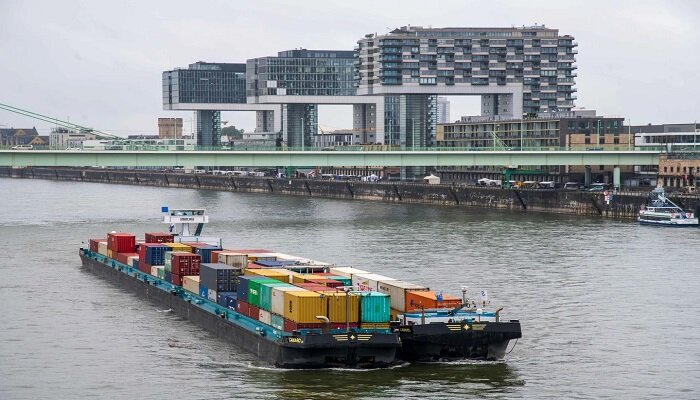According to one of the research studies conducted by GlobalData, Germany has gone on to maintain its position as the leader in transport-related patents across Europe during the first half of 2023, even though there appears to be a general decline in patent numbers across the continent.
It is well to be noted that a total of 185 transport patents were filed in Germany from January through June. Among these, March saw the highest activity, with 43 patents filed. UK companies happened to be the second most active, with a total of 153, followed by Spain with 84.
The challenges in the supply chain
Germany happens to have a high proportion of transport patents within Europe, which can be linked to a range of root causes.
Logistical issues, right from overwhelmed seaports flooded with goods to an insufficiently invested railway system, have gone on to hinder the post-Covid recovery of the largest economy in Europe.
Deutsche Bahn, the national rail company, in June 2023, initiated a track renovation project which covered almost 4,200 kilometres. Deutsche Bahn looks to enhance transport links by substituting the most crowded rail corridors within the country. That said, there are concerns that the planned engineering work could go on to heighten supply chain problems.
Climate change woes
The Federal Ministry for Digital and Transport in Germany has been opposed for its insufficient infrastructural facilities as well as a lack of commitment when it comes to achieving carbon emissions objectives.
In May this year, Deutsche Bahn launched the ‘Deutschlandticket’ scheme, costing €49 per month, that aims at increasing the proportion of passengers using public transport. The ‘D-Ticket’ happens to be a pass that grants passengers unlimited access to local buses as well as trains throughout Germany.
According to Evelyn Palla, the CEO of Deutsche Bahn Regio, the move has been phenomenally effective. She adds that there has been a considerable increase of 25% in the number of passengers.
Shallow rivers in Germany, particularly the Rhine, have exposed unreliable inland supply lines for shipping. The Rhine happens to be a crucial waterway that connects several major European cities, which include the likes of Amsterdam, Strasbourg, Cologne, Basel, Dusseldorf and Rotterdam.
According to the New York Times, almost 80% of Germany’s cargo transported by ship, which ranges from coal to cars, travels on the Rhine towards destinations in southern Germany, France, Switzerland, as well as Eastern Europe, assisted by the Main-Danube Canal.
In August 2022, Shell, the operator of Germany’s largest oil refinery, was forced to decrease output at its Rhineland facility. This decision was made in light of the difficulties which were encountered in transporting goods caused by low water levels. The consistent presence of trademarks and patents in the German transport industry reflects the worries in Berlin that have been powered by these developments.


































